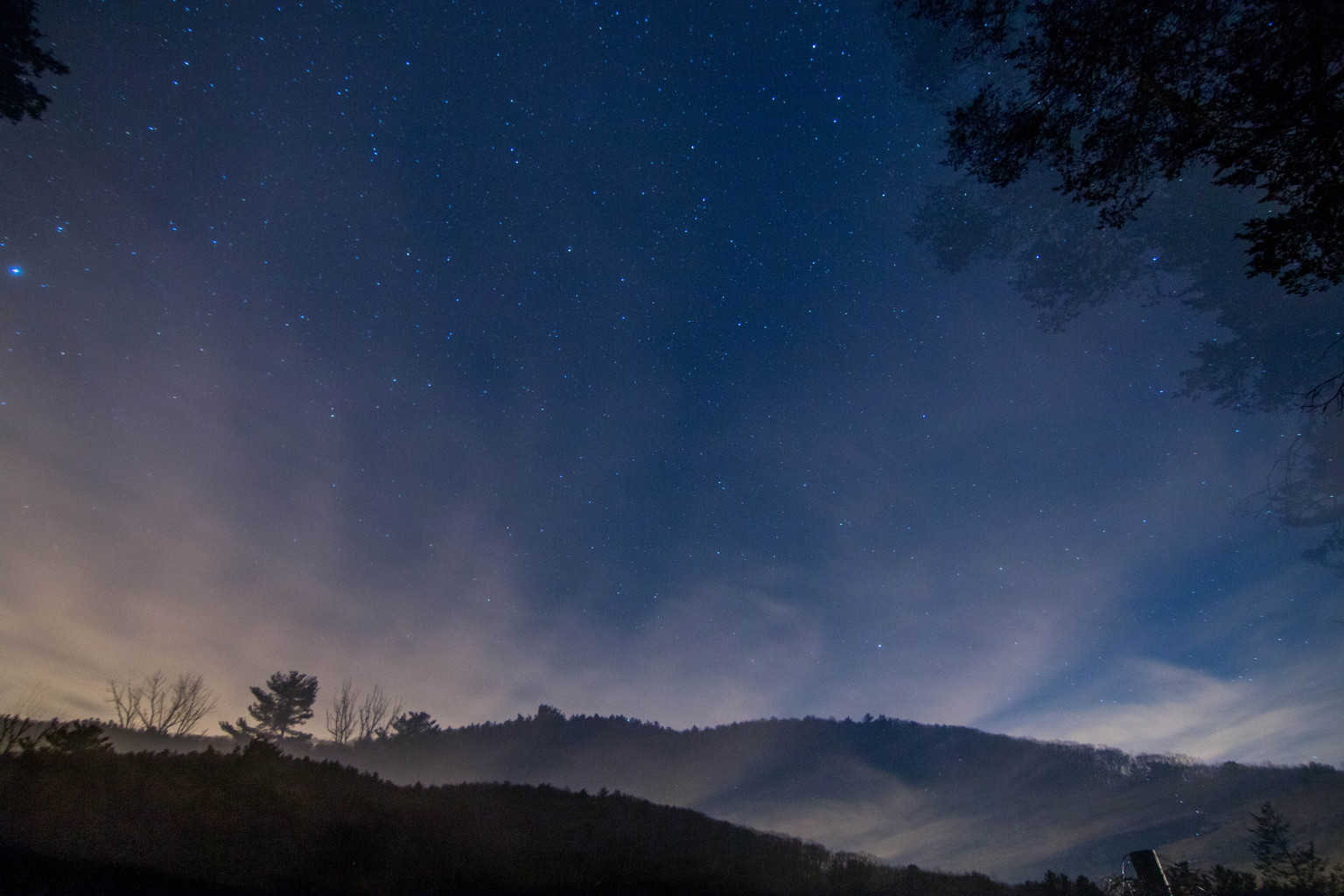Dear friends —
 If you’re like me, you probably spent some of your Yom Kippur last week thinking about how to better live up to your ideals — how to be kinder, more just, more in touch with the sacred. Well, here’s an advertisement for how to put that resolution into practice.
If you’re like me, you probably spent some of your Yom Kippur last week thinking about how to better live up to your ideals — how to be kinder, more just, more in touch with the sacred. Well, here’s an advertisement for how to put that resolution into practice.
Having spent twenty-five years exploring spirituality, therapy, meditation, medication, self-help, human potential, sacred sexuality, entheogens, and a dozen or so paths to the holy, I think that meditation retreat has been the single most effective tool in the never-finished project of becoming more alive, more awake, and more invested in pursuing justice. I’m sure this isn’t true for everyone, but it has definitely been true for me and for many of the “spiritual friends” and teachers who have inspired me along the way. In my experience, no awesome spiritual state, no study, and no political action can transform the mind and heart the way that meditation does — and no amount of daily meditation can do the work of a multi-day meditation retreat. That’s true whether you’re suffering and looking for healing, or comfortable and interested in doing more with your one, precious life. Contemplative neuroscience has now explained how this works: how the brain changes, how it learns, how the capacities for empathy, patience, and wisdom are cultivated. But the only way to experience that change is by doing the cultivation yourself.
My first meditation retreat, many years ago, was with Rabbis David Cooper, Jeff Roth, and Naomi Hyman, Shoshana Cooper, and Eliezer Sobel. It was essentially the same retreat we teach today at Isabella Freedman: combining Jewish spiritual practices with mindfulness meditation, in a warm, supportive container that has been carefully designed and refined over the years. Since that first retreat, I’ve sat for many months in silence at retreat centers around the world, in Buddhist, Jewish, and other spiritual traditions. Yet it’s been a true privilege to “come home” to what’s now known as the Hazon Meditation Retreat. Year after year, I find my heart opens as we chant the “Modeh Ani” prayer each morning. I find myself inspired by the diligent practice and spiritual fearlessness of the people who join us on retreat. And I see the impact firsthand.
So — here’s my pitch. Yom Kippur does a good job of showing us opportunities for growth. Meditation retreat is the best way to take those opportunities and actually grow. It’s where hope turns into change. Wherever you find yourself in your life’s journey, I invite you to spend a week with us at the end of the calendar year and take the next steps. It is, in my opinion, the best possible use of your time.
Chag Sameach and I look forward to sitting with you in December!
Rabbi Jay Michaelson





Comments are closed.